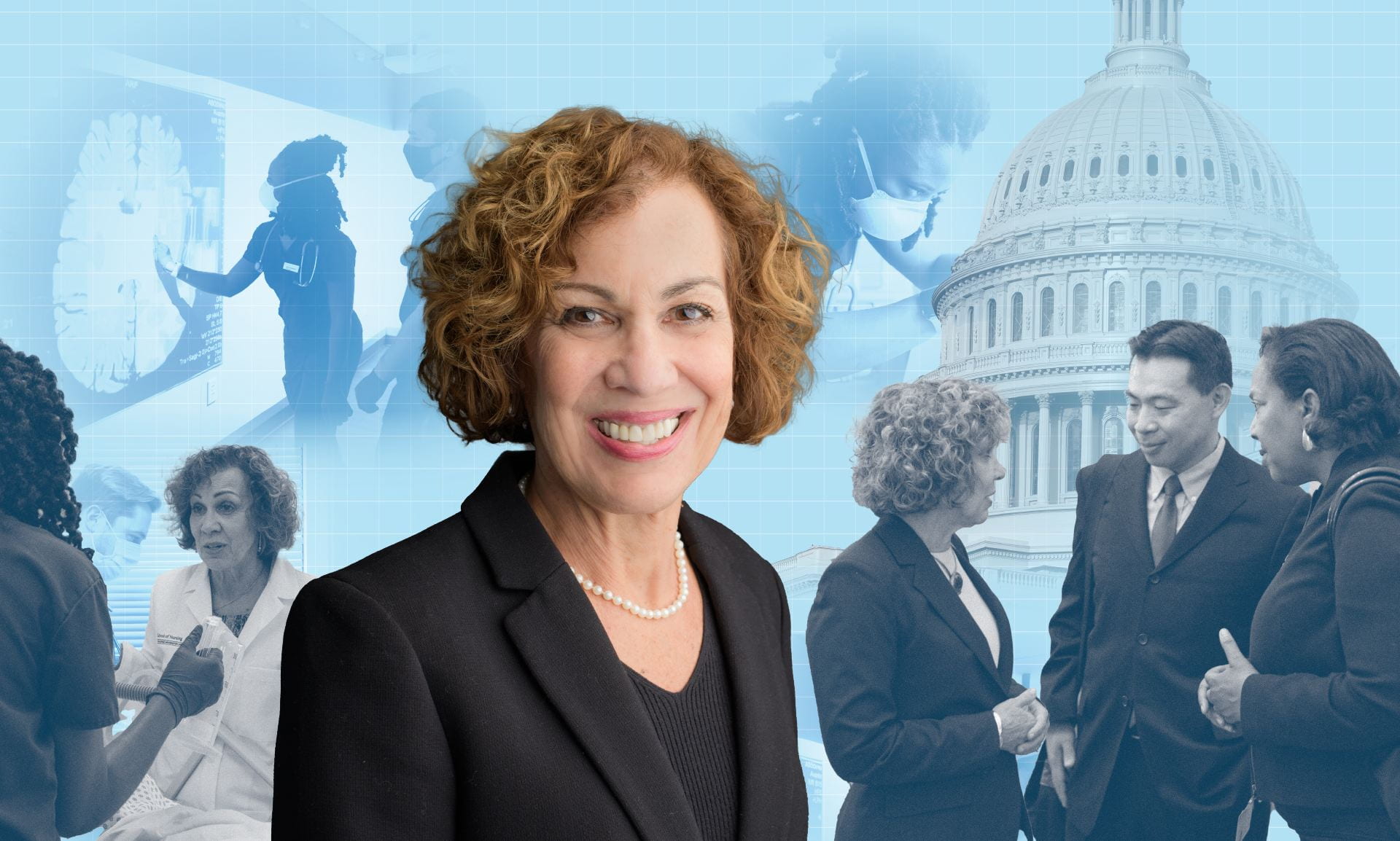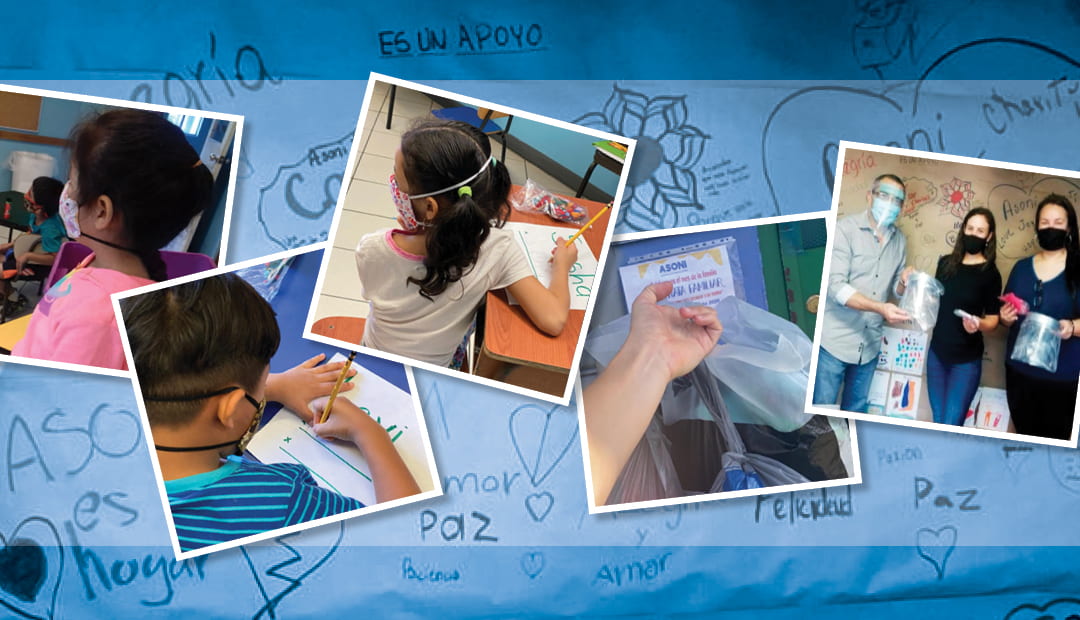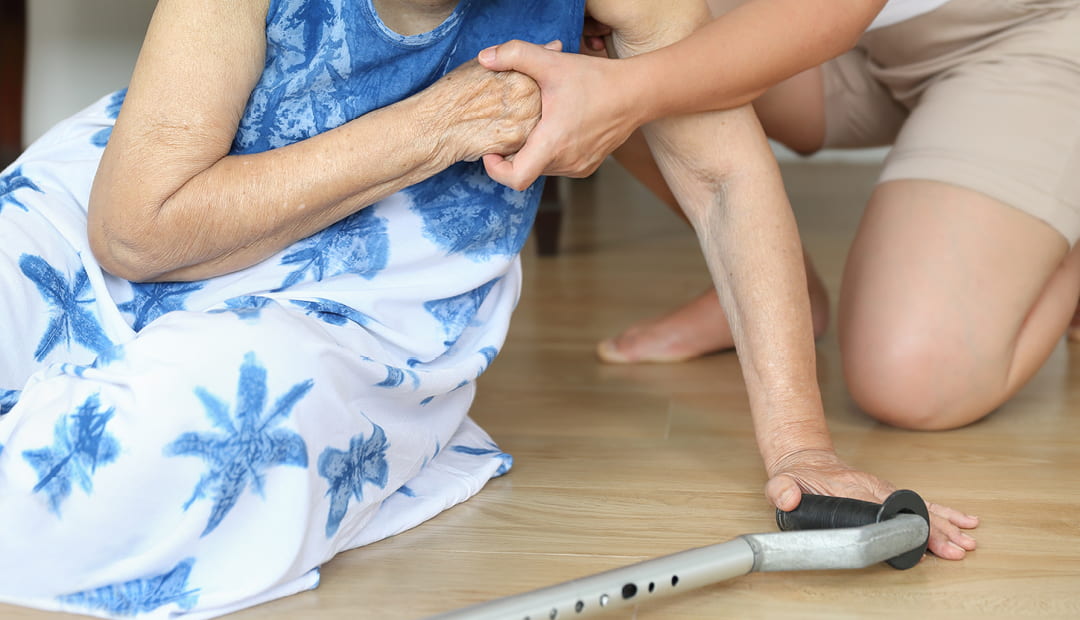“I remember being in class and Dr. Karen Dawn asking who spoke Spanish,” said Eva Cruz, an accelerated B.S.N. student in her final semester. “Instinctively, I raised my hand. It turns out I’d volunteered myself to do a project for global health.”
As the spring 2020 semester wore on amid the COVID-19 pandemic with the university making difficult decisions to ensure programmatic continuity while keeping students safe, many of them were disappointed to learn that all university-related international travel would be suspended. This had implications for Ms. Cruz and her colleague, Victoria Hinson. Both were nearing the end of the Accelerated B.S.N. program and were eager to broaden their nursing horizons in Costa Rica as part of their global initiatives community project requirement.
Like her colleague, Ms. Hinson was drawn to this opportunity because it offered a great opportunity to strengthen her medical Spanish skills and make a positive impact on an international community during such difficult times. “I was greatly disappointed with the travel restrictions cancelling the Costa Rica study abroad program, but I thought ‘no better way to give back than to work on this project with our in-country partners virtually.’”
“Our school was partnering with Global Learning in Costa Rica,” said Hannah Hahn, program associate in the Office of Community and Global Initiatives at GW Nursing. “Our two students and I worked with two of their local partners, Asociación por la Sonrisa de los Niños (ASONI) and Children’s Well-Being Foundation’s mobile clinics, to develop educational materials and provide donations of personal protective equipment.”
This virtual collaboration turned out to be a perfect way to demonstrate the hands-on knowledge and skills that Ms. Hinson and Ms. Cruz had learned throughout the accelerated B.S.N. program, while helping a community in need and discovering how effective they could be making an impact on people’s health and well-being from such a great distance.
Not knowing about the community and its needs, the students engaged the partners to help shed light who these families were, where they lived and what resources would be most beneficial. “During the conversations, we identified that educational materials could play a significant role in preventing the spread of COVID-19,” said Ms. Hinson. “And, of course, it would need to be virtual,” added Ms. Cruz.
The team decided to make three educational videos in Spanish for children ages 3-15 about how to prevent COVID-19, how to make masks with used T-shirts and how to wash your hands properly.
“We created scripts that were edited and amended by our partners,” said Ms. Hinson. “And after this exhaustive prep work, it was satisfying to see them come to life in these videos with the help of GW Nursing’s Community and Global Initiatives team and Online Learning and Instructional Technology team.”
The students were amazed by the end-product, and thrilled to learn that the videos they had created reached hundreds of Costa Rican children and their families. They were also excited to hear that rising final-semester Accelerated B.S.N. students would use this project as a launching pad for future projects.
“By choosing to work with our partners to provide informative health videos for Costa Ricans in need, I realized that my nursing skills could transcend internationally,” said Ms. Hinson. “My colleagues and I were encouraged to engage our creativity and think outside the box to see how we could engage children and their families for something bigger than a project. I am thrilled that other students will have this same opportunity, and I am excited to see what products will be created in semesters to come.”
“Despite the challenges and hard work this virtual global health project was a uniquely fulfilling learning experience,” said Ms. Cruz.
Watch the COVID-19 prevention videos developed by Ms. Hinson and Ms. Cruz.


